A Concrete Poet learns to code. A Programmer learns to garden. A Sculptor learns to write of cloud and rain.
Clear sky.
The CONTEXT for MAGCD Project Unit is an ongoing brass ideas and thoughts that informed, formulated and directed the studio practice (a.k.a. the COMPOSE component) which deserves to be a freestanding body of work in its own right.
From the start of this unit I have been working with concrete poetry, and engaging coding/programming languages as the media in realisation of which. Composing poems almost happened in parallel with coding (and the learning of such). Having sat through playlists by educators like![]() and
and ![]() I felt the frontier between craft proficiency and true creativity has become something like a piece of cling film submerged in water – impossible to see but stark to touch/to feel. Whether it was Shiffman’s
I felt the frontier between craft proficiency and true creativity has become something like a piece of cling film submerged in water – impossible to see but stark to touch/to feel. Whether it was Shiffman’s ![]() , or
, or ![]() and
and ![]()
![]() once the learner completed the last step of instruction laid by Rodenbroeker, are inviting the audience to craft and become proficient of such crafting, rather than to create.
once the learner completed the last step of instruction laid by Rodenbroeker, are inviting the audience to craft and become proficient of such crafting, rather than to create.
As the Users call for more intuitive interface/ interactions/ experiences, the Coders engage in works more layered and details of which obscured. Here’s an analogy: Learning to code seems to be the license and resource needed to construct a![]() towards yet more enhanced convenience, ease and complexity. The bridge-crossers’ safety is in the hands of the constructor, the tariff imposed will also have an impact on the finance of the bridge community.
towards yet more enhanced convenience, ease and complexity. The bridge-crossers’ safety is in the hands of the constructor, the tariff imposed will also have an impact on the finance of the bridge community.
I think this might be an underlying reason for the correlation between Tech and patriarchy – the fervour for coding is the fervour for patriarchal power one can exert over others in the digital realm, shape their behaviour, experience and, in the longer term, thinking. This also explain why learning to code is a usual catchphrase to throw at individuals of less tech-enhanced backgrounds who dare to voice up for better treatment by the capitalist system, as a method to discipline and homogenise.
On the capitalist side, coding is lucrative and therefore regarded as a commodity. The short-sightedness suffered by humanity never failed to embracement and submission to collective capital gain. Since the Third Industrial Revolution, the development of Tech has not been sustainable. It was invented as a tool to serve humanity’s convenience, has a tendency to turn around and shape us. As individuals, is learning to code going to buff up our defence against the invasion of expanding tech-capitalism and -patriarchy, or turning us into culprits? On the other hand, Coding has been proclaimed as an additional foundation stone to literacy in the post-Third Industrial Revolution world.
As I slowly gain literacy in HTML, CSS, P5.JS and Processing, I am consciously attaining words to make concrete poems, as if it is a language/grammar/rhetoric of poetry, yet we don’t take a literate person as a poet. Maybe possessing such skills are turning me into a Coder, but I have no interest in autocratic power –
I am no dictator,
There’s a thrill in my practice, as I silently protest the legitimacy of the dictator’s autocracy, by deliberately, by reclaiming and repurposing the very material which constitutes his ruling methodology. ︎
From the start of this unit I have been working with concrete poetry, and engaging coding/programming languages as the media in realisation of which. Composing poems almost happened in parallel with coding (and the learning of such). Having sat through playlists by educators like
The Coding Train (Daniel Shiffman)
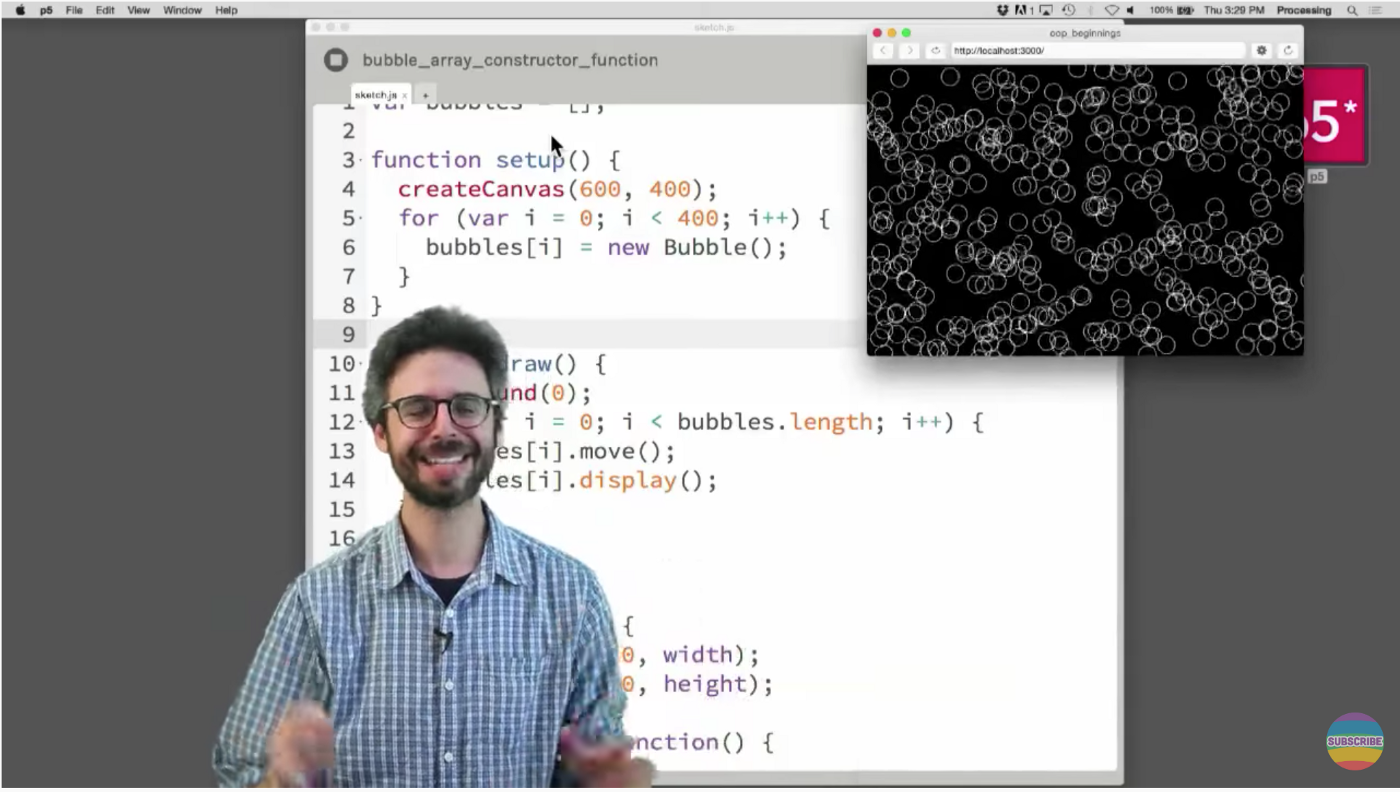
Tim Rodenbroeker
, 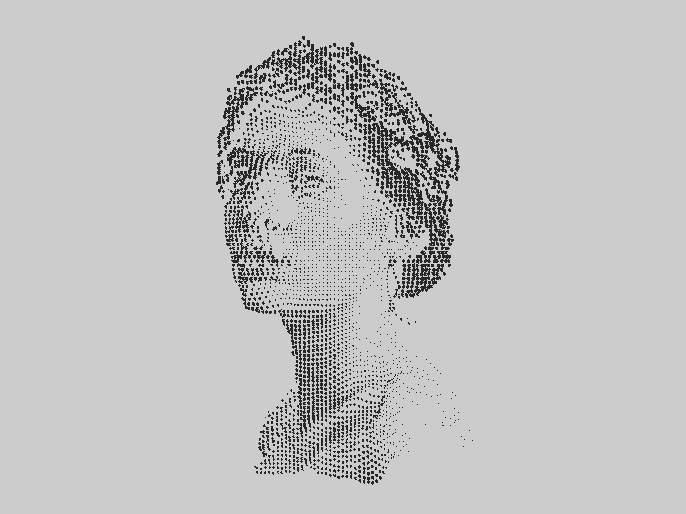
dorky yet lovable quirks of a textbook nerd
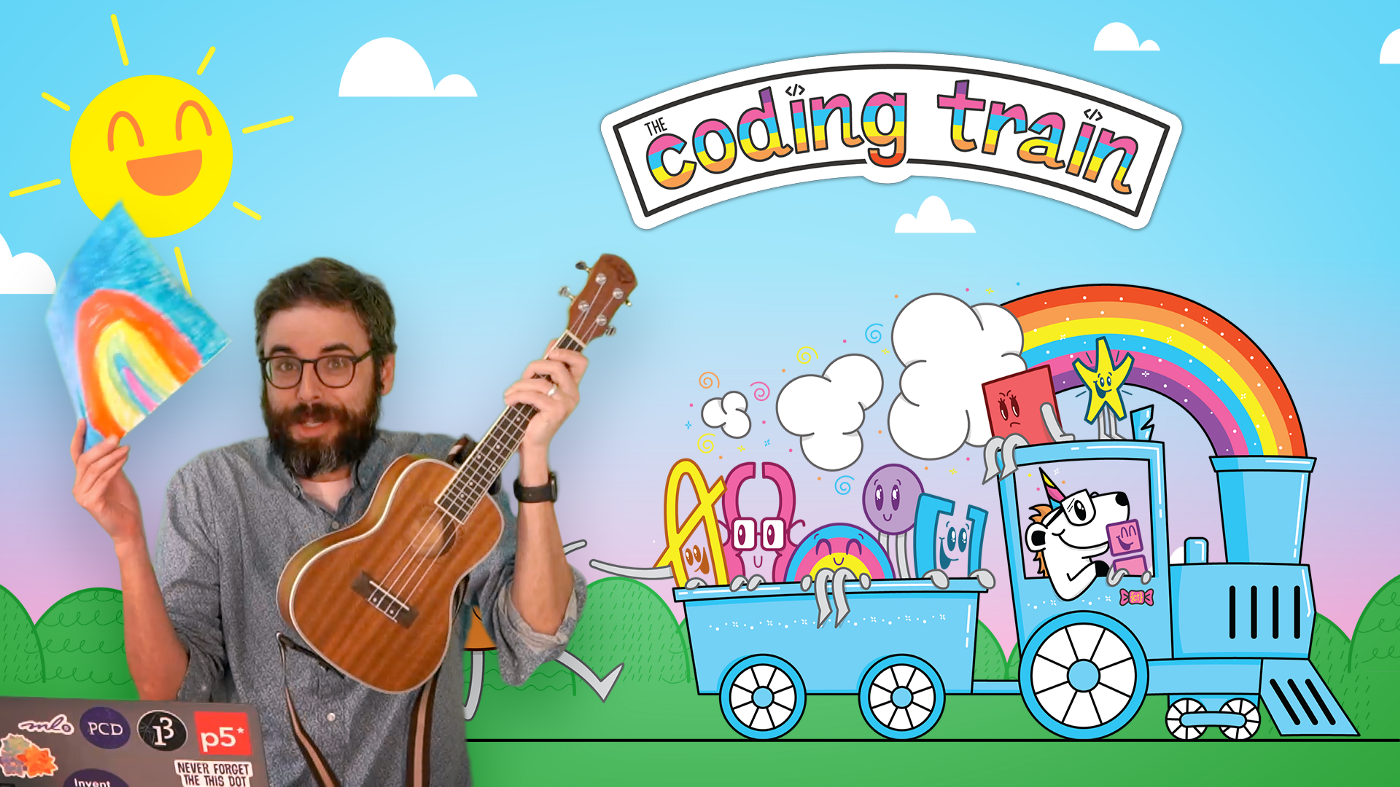
unflinchingly sharp

trendy geometry

dancing on screen
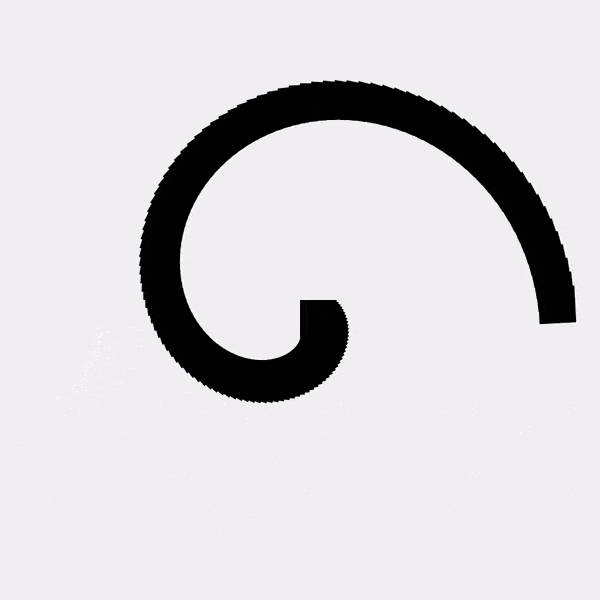
What does it mean to learn to code? From the rite-of-passage mantra of a (self-proclaimed) proactive GEN-Z young professional, to the catch-all term in attempt to brush off disgruntled, anxious job-seekers whose backgrounds lay outside STEM, the term learning to code presents itself with increasing starkness in the society.
As the Users call for more intuitive interface/ interactions/ experiences, the Coders engage in works more layered and details of which obscured. Here’s an analogy: Learning to code seems to be the license and resource needed to construct a
bridge
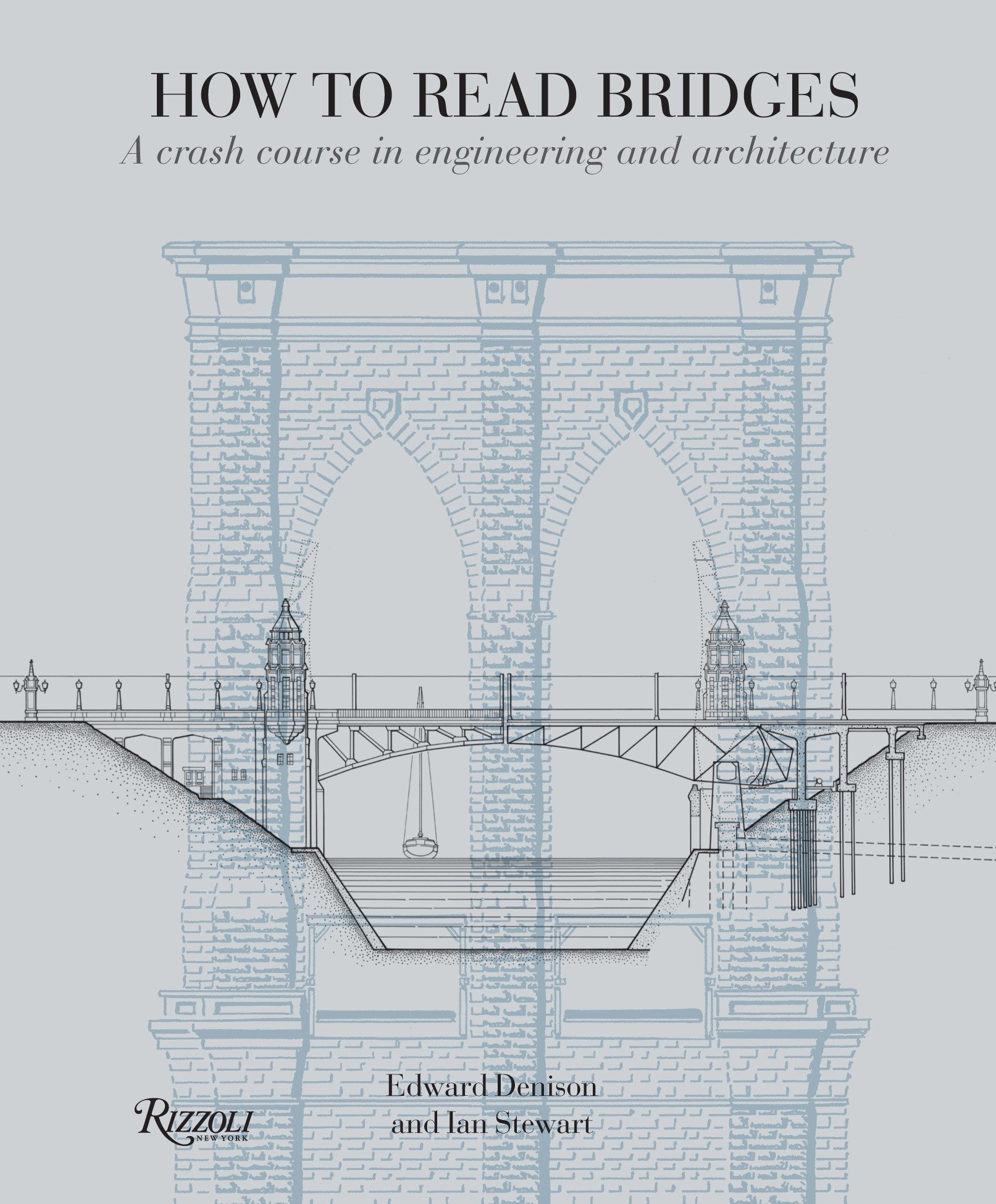
Hence, over community, the constructor has power. Coding is power.
I think this might be an underlying reason for the correlation between Tech and patriarchy – the fervour for coding is the fervour for patriarchal power one can exert over others in the digital realm, shape their behaviour, experience and, in the longer term, thinking. This also explain why learning to code is a usual catchphrase to throw at individuals of less tech-enhanced backgrounds who dare to voice up for better treatment by the capitalist system, as a method to discipline and homogenise.
On the capitalist side, coding is lucrative and therefore regarded as a commodity. The short-sightedness suffered by humanity never failed to embracement and submission to collective capital gain. Since the Third Industrial Revolution, the development of Tech has not been sustainable. It was invented as a tool to serve humanity’s convenience, has a tendency to turn around and shape us. As individuals, is learning to code going to buff up our defence against the invasion of expanding tech-capitalism and -patriarchy, or turning us into culprits? On the other hand, Coding has been proclaimed as an additional foundation stone to literacy in the post-Third Industrial Revolution world.
As I slowly gain literacy in HTML, CSS, P5.JS and Processing, I am consciously attaining words to make concrete poems, as if it is a language/grammar/rhetoric of poetry, yet we don’t take a literate person as a poet. Maybe possessing such skills are turning me into a Coder, but I have no interest in autocratic power –
I am no dictator,
I am a poet.
There’s a thrill in my practice, as I silently protest the legitimacy of the dictator’s autocracy, by deliberately, by reclaiming and repurposing the very material which constitutes his ruling methodology. ︎





